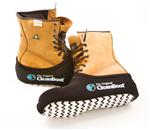 The Clean Boot Blog
The Clean Boot Blog
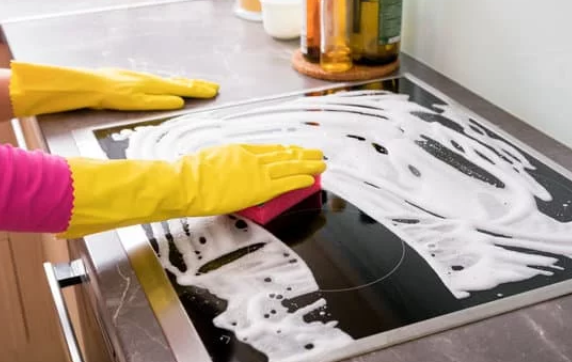
Household cleaning products can have a major impact on your health. In the late 80’s, most of the traditional cleaners were petroleum-based, which had detrimental health effects as well as serious environmental implications. Instead of choosing products that overwhelm everything in their path, including air quality, there are many safe and natural products that can be prepared at home, or even purchased from your local store. The other great thing about DIY natural cleaners is that they are children-friendly and absolutely safe to use.
Best Natural Ingredients
While switching to natural, chemical-free cleaning products might seem like a lot of work, the fact is that it’s very simple and economical. The ingredients are also easy to get a hold of!
Some of the most effective natural cleaning agents include:
- White vinegar
- Hydrogen peroxide
- Baking soda
- Borax
- Table salt
- Essential oils
- Sudsy Ammonia
- Lemons
Below you will find some of the simple ways to put these ingredients to use when scrubbing and cleaning the toughest areas of your home.
- Oven Cleaner
Take equal quantities of baking soda and water and make a thick paste. Apply this mixture on the bottom of your oven. Let it rest for a few hours and wipe off for a sparkling, clean oven.
- Kitchen Cleaner
Instead of spending a huge amount on kitchen cleaners that are not healthy or eco-friendly, try to make your own kitchen cleaner, with deodorizer, by mixing three basic ingredients – Baking soda, water and lemon juice. Make the mixture and use it to clean your stainless-steel kitchen appliances and the inside of your refrigerator. Just combine all these ingredients, pour on a sponge and apply it to the areas that you want to look shiny and clean. Wipe off after a few hours.
- DIY Glass Cleaner
Looking to clean your windows and mirrors? All you need to do is to mix white vinegar, rubbing alcohol and orange essential oil. Pour the mixture into a spray bottle and use it as a conventional cleaning spray. Make sure not to use this spray on extremely hot days as it will dry too quickly and leave marks and spots. When using a mirror cleaner, try to use a paper towel first before finally wiping off the solution from the mirror.
- DIY Scouring Powder
Guess what? To clean bath tubs, sinks and showers, you can prepare a home-made scouring powder as well. Combine 2-parts baking soda with 1-part borax and 1-part salt to get rid of toughest scum.
- Grease Remover
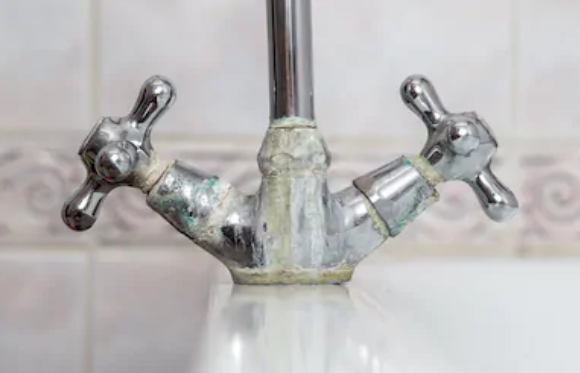
Use sudsy ammonia to eradicate tough grime. Sudsy ammonia includes natural detergent that contains grime-removing capabilities. Dip a sponge into this natural solution to clean your kitchen racks, stoves and grills. You can even directly soak grills and racks in the solution, with added ammonia, if they’re very greasy.
- Clothing Stain Remover
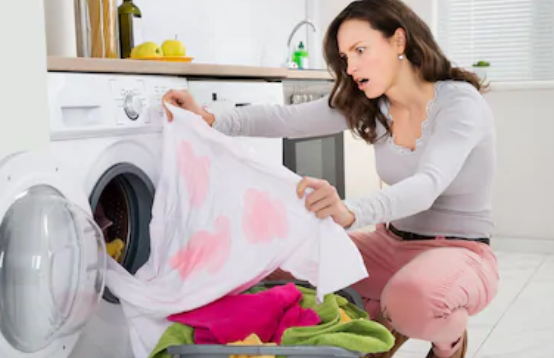
To give your clothes a fresh off the rack look, make your own DIY clothes stain remover. You can make this product by mixing 1 gallon of hot water with 1 cup each of powdered and liquid detergents. Soak you stained clothes in this mixture for 20-25 minutes and wash them as usual.
- Marble Cleaner
Mix 2 drops of mild dishwashing liquid with 2 cups of lukewarm water. Sponge over your marble tops and stone countertops with this solution. Never use any acidic ingredient such as vinegar or lemon to clean marble surfaces.
- Ultimate Bathroom Cleaner
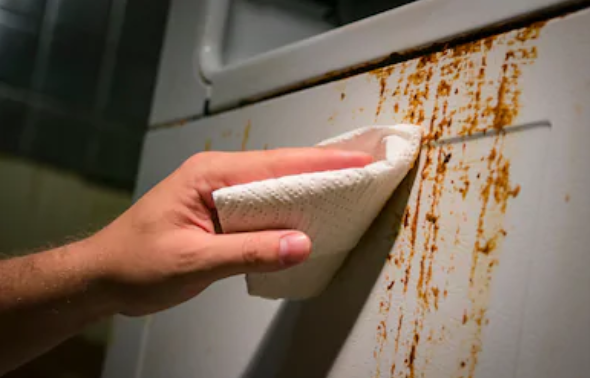
Whether there are rust stains on porcelain, dirty sinks or bath tubs – this all-purpose scrub is made with two basic ingredients. Take a lemon and cut it in half. Take one half and dip it into borax, rub it on the affected areas, rinse. Make sure not to use this cleaner on marble and granite as it will make them lose their shine and luster.
- Brass Cleaner
To clean your cabinets handles, dampen sponge in cider vinegar or lemon juice. Sprinkle some table salt on the top. Lightly scrub dirty brass surfaces with this sponge. Rinse with water and dry with a towel.
- Dishwasher Cleaners
To effortlessly clean your dishwasher, place 2 dishwasher-safe bowls filled with vinegar on the top rack. Set your empty appliance on a hot cycle to clean and eradicate any unpleasant smells.
- DIY Carpet Cleaner
Carpet is an expensive and long-term investment. Ideally, you should always use safety shoe covers to protect your carpet or rug against dirt and debris. However, make sure to use this DIY liquid to get rid of stains and marks. Combine dish washing liquid with white vinegar, water and baking soda. Pour this mixture into a spray bottle. Spritz some liquid on the affected area, scrub with sponge and wipe off with a damp towel.
There you have it. These easy natural home cleaning recipes will make cleaning super easy. The best part? All these ingredients are natural and you can find them under the sink or in your pantry.
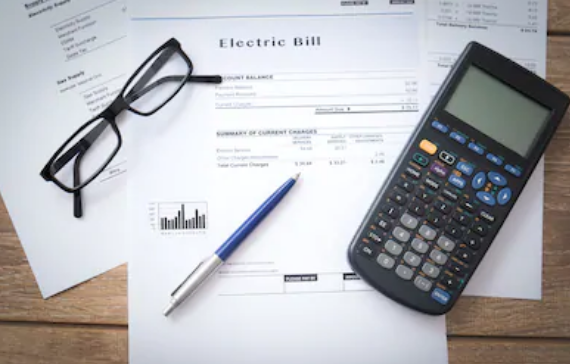
Home owning is a wonderful thing, you have your own space and personal freedom to treat that space however you want. Come and go as you please, play music as loudly as you want, turn all the lights on… just because? It’s a dream! That inevitably crumbles when you get your bills. Electricity is one of the biggest expense you have when paying your monthly bills. Follow these 10 easy tips to see a big difference in your next electricity bill:
- Change Your A/C Settings
When it comes to your energy bills, air conditioning has by far the biggest impact on your wallet. Reconsidering how you use your A/C can bring considerable savings to your bill. Begin with the basic yearly maintenance. This involves examining air ducts before the weather turns hot, replacing the filters and ensuring the vents aren’t closed.
On extremely hot days, make sure to turn the ‘energy saver’ option on to maintain coolness and to also save a few bucks.
- Never Leave Devices Plugged-in
There is no denying the fact that small gadgets and appliances in your home don’t consume much electricity separately, but together they add up considerably. Also, it’s not safe to leave any device plugged in as it may result in accidents or fires if there is a power surge overnight. However, as an old saying goes, precaution works better than the cure. Thus, make sure to unplug your devices when they’re not in use, to stay safe and to save money on your energy bills.
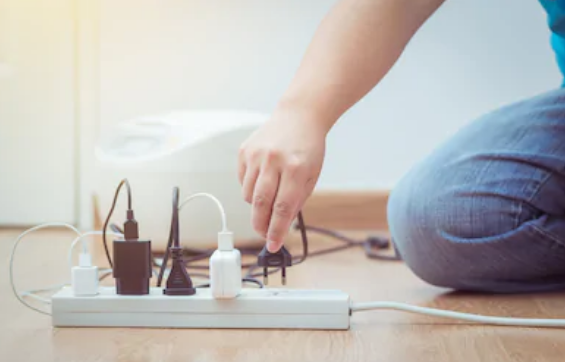
Keep in mind, any appliance you leave plugged in draws energy. One study suggests that this seemingly unnoticeable consumption could account for around 5% of your total bill. So, making sure to always unplug devices.
- Decrease Summer Cooling Costs
One way you can decrease your summer cooling costs is to make a few changes in your routine. Try to keep your curtains closed during the daytime as sunlight coming in can make your rooms extremely hot. If you have a double-story home and you’re using A/C upstairs, make sure to keep all doors and windows shut, as this will help save on air-conditioning costs.
- Check Your Insulation
Heat loss through your attic can make up 20% of your energy bill during winter. Luckily, fiberglass insulation is an affordable and effective way to save money.
- Opt for DIY Weather Stripping
Negligence is the biggest barrier when it comes to saving some cash on your electricity bills. If you haven’t paid attention to the missing weather stripping on your windows, it’s time to look around and fix any damage, you’ll see a positive change in your upcoming utility bill.
- Consolidate Things You’re Not Using At the Moment
There are many things in your home that you use only in a specific season. Consider bringing all those appliances together and unplug them until they’re needed.
- Turn Off Lights
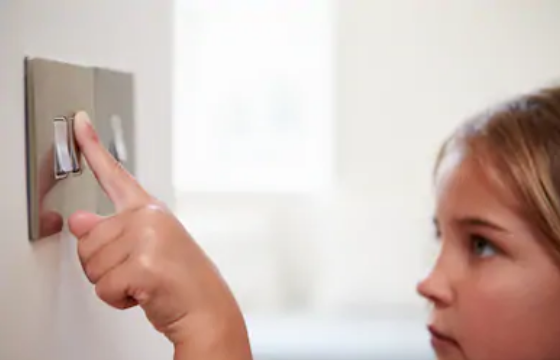
Did you know you can save up to $12 per year if you turn off (2) 100-watt bulbs for 2 hours in your home? Now apply basic math to know how much money you can save by turning off all the unnecessary bulbs in your home.
- Cold Showers are Healthy
It takes a great deal of money to heat water. Try to develop a habit of taking cold showers during summer. Also, try to wash your clothes in cold water, as it will help save a lot in terms of electricity.
- Do Smart Cooking
We’re living in a world where you can save money by working smart and not hard. Ditch your conventional oven and try to use toasters and microwaves to save some bucks.
- Avoid Using Large Appliances
The large appliances in your home contribute a lot to your energy bills. Avoid using large appliances, better yet, if you can easily ditch them for a more energy-efficient substitute, then go for it! However, if it’s not possible, there are energy-saving tricks you can use to curtail these expenses.
For instance, you can use your large appliances after 8 when energy costs are comparatively lower. Similarly, make sure to select a full load option so you use your appliances less often.
In conclusion, the best way to save money on your energy bills is to limit the amount of electricity you consume. Take a hint from this post and see a prominent change in your next electricity bill.





